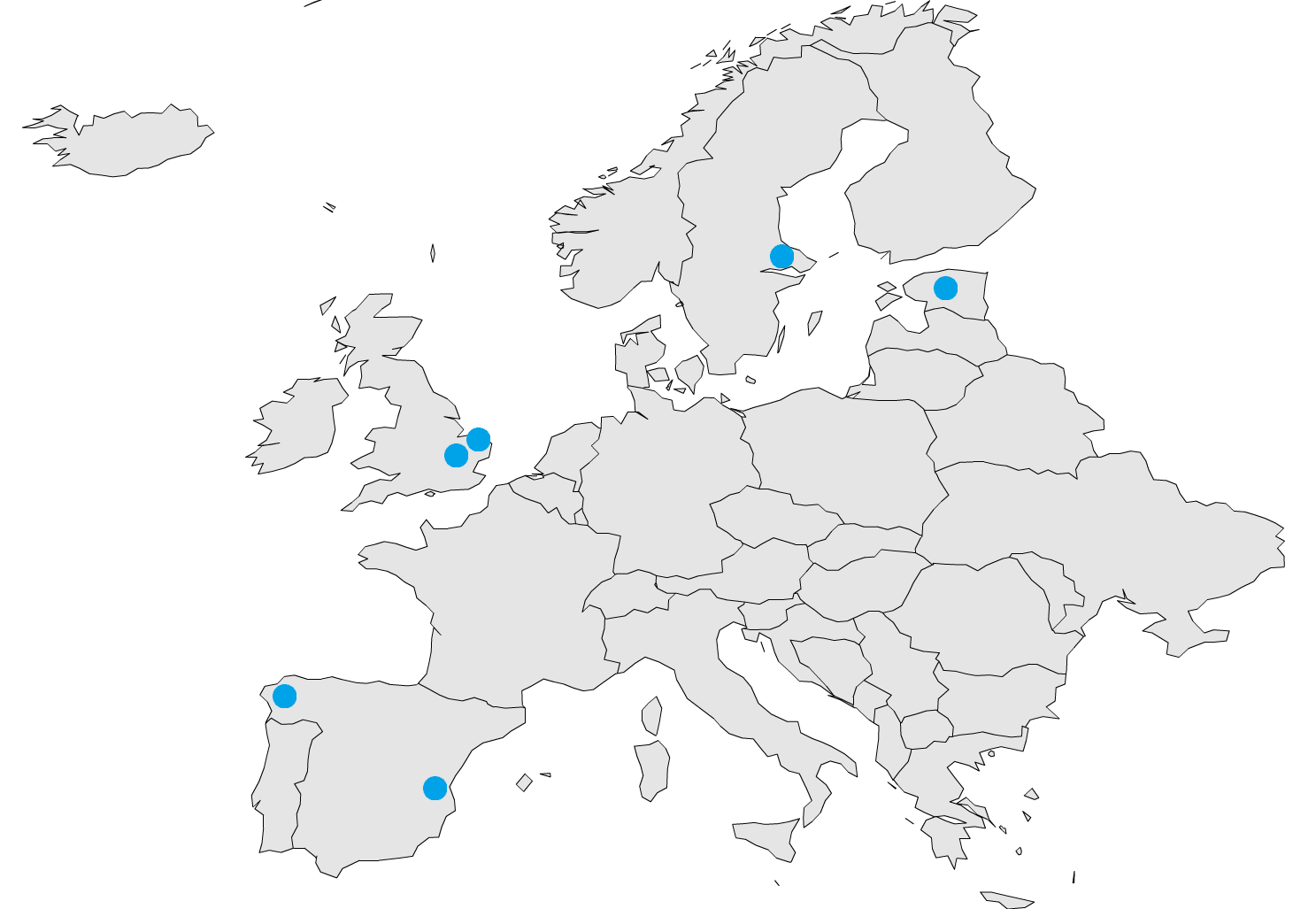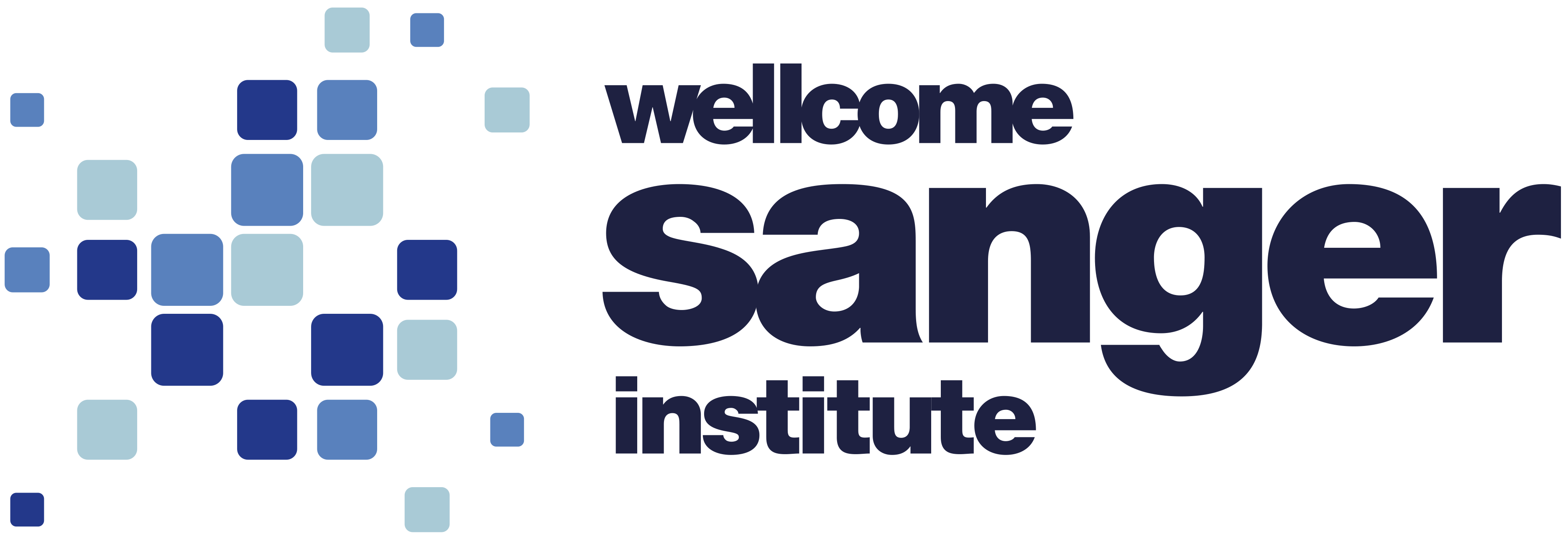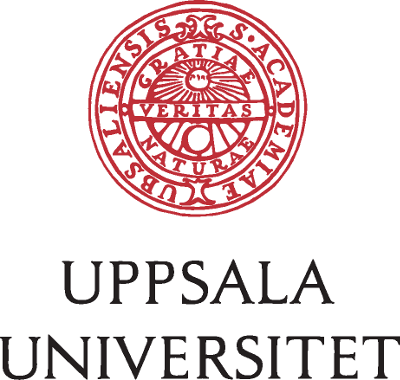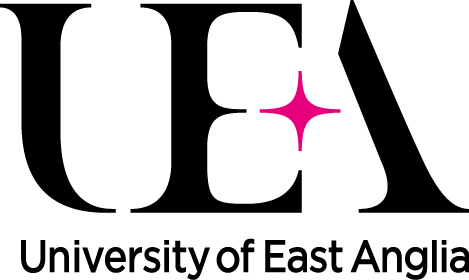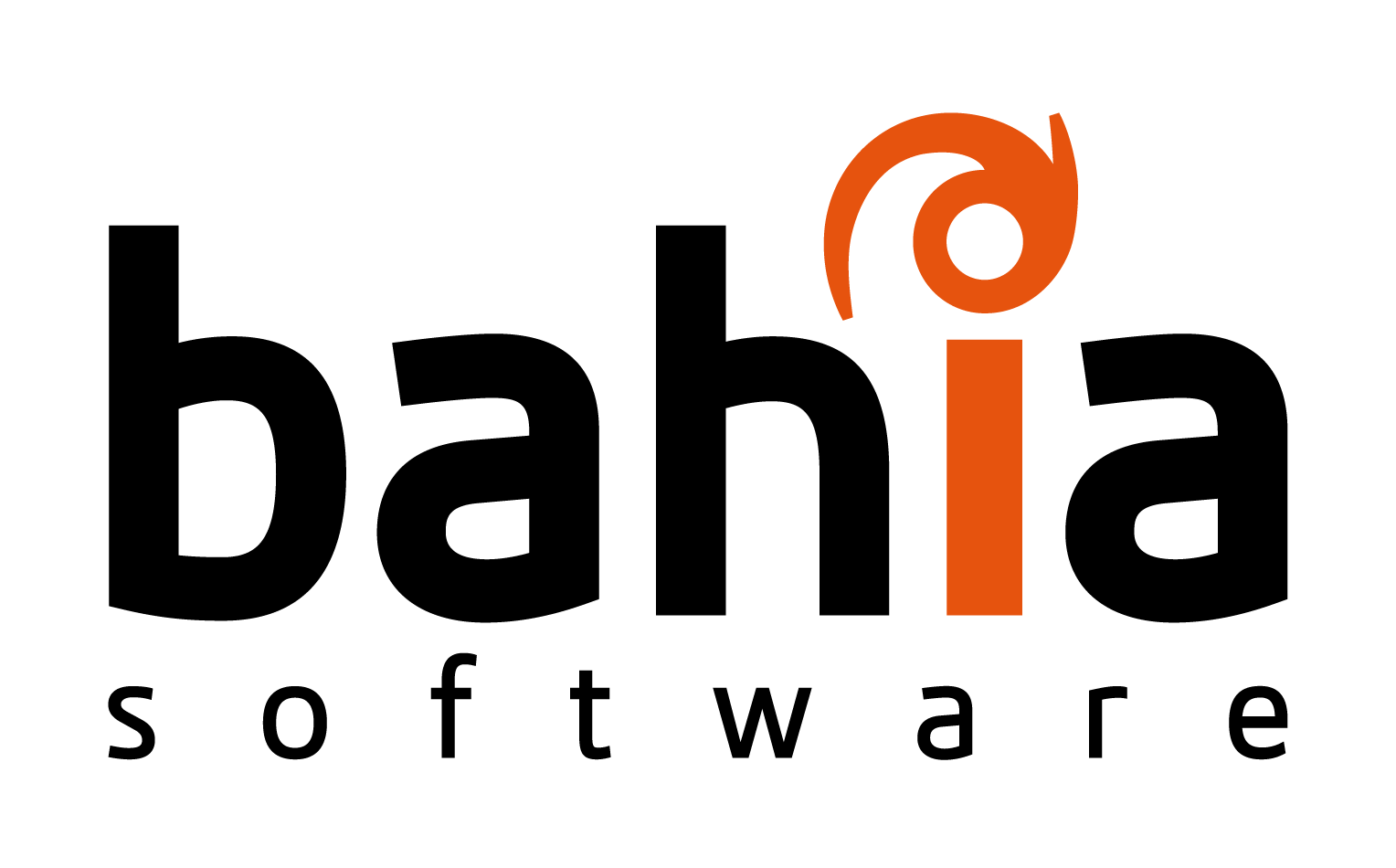INCLIVA (Coordinator)
The “Fundación para la Investigación del Hospital Clínico de la Comunidad Valenciana” (INCLIVA, www.incliva.es) is a top 10 biomedical research institute in Spain. It is organized around four priority areas of research: cardiovascular, oncology, metabolism and organic damage and reproductive medicine. INCLIVA is included in the framework of centres of scientific excellence promoted by the Spanish Government, and it has been accredited by the National Health Institute Carlos III as anInstitute of Research in Health Sciences.
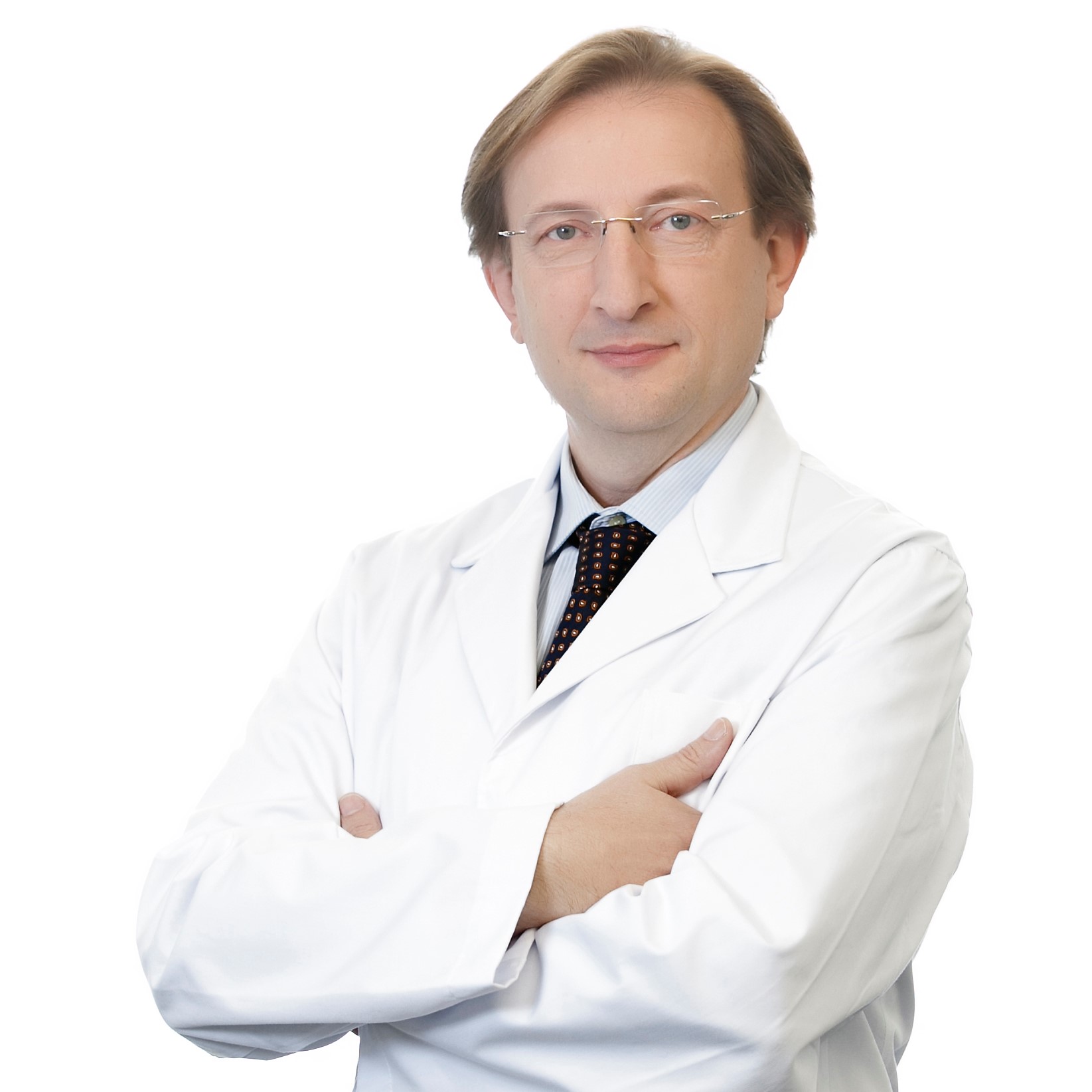
Prof. Carlos Simón, Project Coordinator
Reproductive Medicine Unit at the INCLIVA research institute
Board Certified and Full Professor of Ob/Gyn at the University of Valencia, Spain; Senior Lecturer PT, BIDMC Harvard University, Boston, MA, USA, Adjunct Professor, Department of Ob/Gyn, Baylor College of Medicine, USA and Head of the Scientific Advisory Board of Igenomix. Dr. Simon main interest is in the understanding of the human embryonic implantation process during the preconception period considering as key elements the embryo, the maternal endometrium, and the cross-communication between them using different scientific perspectives. He is author of 479 publications in international peer-review journals, adding up to an accumulated impact factor of 2,381.24. His papers have received a total of 34,301 cites with an average of 72 cites/paper. His Google Scholar is 103. Complete list of publications can be found at: https://www.ncbi.nlm.nih.gov/myncbi/simon_c. He is editor of 19 books, and supervisor of 38 PhD Thesis.
INCLIVA team will provide to HUTER a profound knowledge of the molecular profile of the uterus layers and a clinical (Obs/Gyn) point of view.
Researchers
- Prof. Carlos Simón, Principal Investigator and Project Coordinator
- Felip Vilella PhD., Senior Miguel Servet researcher
- Aymara Mas PhD., Miguel Servet researcher
- Tamara Garrido-Gómez PhD., Senior researcher
- Beatriz Roson, PhD., Senior bioinformatician
- Carlos Lozano, Postdoctoral researcher
- Ana Ochando, Labtechnician
- Eugenia Flores, Project Manager
Work Packages
- WP1 Coordination with HCA & regulatory compliance
- WP2 Platform infrastructure
- WP3 Organ and tissue procurement
- WP4 Molecular Characterization at single cell resolution in endometrium and myometrium
- WP5 Epigenomics at single cell resolution in endometrium and myometrium
- WP7 Platform integration
- WP8 Communication, Dissemination & Exploit. Plan
- WP9 Project management
- WP10 Ethics requirements
Related Links
- Single-cell transcriptomic atlas of the human endometrium during the menstrual cycle, Wang, W., Vilella, F., Alarma, P., Moreno, I., Mignardis, M., Isakova, A., Pan, W., Simon, C.*, & Quake, S. R.* , 2020 : Nature Medicine doi: 10.1038/s41591-020-1040-z. IF: 36.130. * Corresponding.
- The first glimpse of the endometrial microbiota in early pregnancy, Moreno I, Garcia-Grau I, Bau D, Perez-Villaroya D, Gonzalez-Monfort M, Vilella F, Romero R, Simón C. , 2020 : Am J Obstet Gynecol. 2020; 222(4):296-305. IF 6.520. Citations: 1.
- Extracellular vesicles in human reproduction in health and disease, Simon C, Greening DW, Bolumar D, Balaguer N, Salamonsen LA, Vilella F. , 2018 : Endocrine Reviews 2018;39(3):292-332. IF:14.661. Citations: 26.
- The diagnosis of chronic endometritis in infertile asymptomatic women: a comparative study of histology, microbial cultures, hysteroscopy, and molecular microbiology, Moreno I, Cicinelli E, Garcia-Grau I, Gonzalez-Monfort M, Bau D, Vilella F, De Ziegler D, Resta L, Valbuena D, Simon C. , 2018 : Am J ObstetGynecol 2018;218(6):602.e1-602.e16. IF: 6.520. Citations: 40.
- Defective decidualization during and after severe preeclampsia reveals a possible maternal contribution to the etiology, Garrido-Gomez T, Dominguez F, Quiñonero A, Diaz-Gimeno P, Kapidzic M, Gormley M, Ona K, Padilla-Iserte P, McMaster M, Genbacev O, Perales A, Fisher SJ, Simón C. , 2017 : Proc Natl AcadSci U S A. 2017;114(40): E8468-E847. IF: 9.412. Citations: 58.
- Evidence that the endometrial microbiota has an effect on implantation success or failure, Moreno I, Codoñer FM, Vilella F, Valbuena D, Martinez-Blanch JF, Jimenez-Almazán J, Alonso R, Alamá P, Remohí J, Pellicer A, Ramon D, Simon C. , 2016 : Am J Obstet Gynecol. 2016; 215(6):684-703. IF: 6.520. Citations: 149.
- Hsa-miR-30d, secreted by the human endometrium, is taken up by the pre-implantation embryo and might modify its transcriptome, Vilella F, Moreno-Moya JM, Balaguer N, Grasso A, Herrero M, Martínez S, Marcilla A, Simón C. , 2015 : Development. 2015;142(18):3210-21. IF: 5.611 Citations: 85.
- Prediction model for aneuploidy in early human embryo development revealed by single-cell analysis, Vera-Rodriguez M, Chavez SL, Rubio C, Reijo Pera RA, Simón C. , 2015 : Nature Communications. 2015;6:7601. IF: 12,121. Citations: 58.
- PGE2 and PGF2α concentrations in human endometrial fluid as biomarkers for embryonic implantation, Vilella F, Ramirez L, Berlanga O, Martínez S, Alamá P, Meseguer M, Pellicer A, Simón C. , 2013 : J ClinEndocrinolMetab. 2013203;98(10):4123-32. IF: 5.399. Citations: 60.
- A genomic diagnostic tool for human endometrial receptivity based on the transcriptomic signature, Díaz-Gimeno P, Horcajadas JA, Martínez-Conejero JA, Esteban FJ, Alamá P, Pellicer A, Simón C. , 2011 : Fertility & Sterility, 2011;95(1):50-60. IF: 6.312. Citations: 199.
- Contribution in the HCA Latin American Virtual Workshop, 24th-25th September 2020 "Single-cell RNA Expression of SARS-CoV-2 Cell Entry Factors in Human Endometrium during Preconception".
The Wellcome Sanger Institute
The Wellcome Sanger Institute (Sanger) is a not-for-profit research organisation and one of the world’s leading genome centres. It shares the aims of its major funding agency Wellcome of improving human and animal health. This is done principally through its programme of biomedical research organised into four Scientific Programmes (Parasites and Microbes, Cancer, Ageing and Somatic Mutation, Human Genetics, Cellular Genetics and models of disease). The Institute is run by the charity Genome Research Limited (GRL).
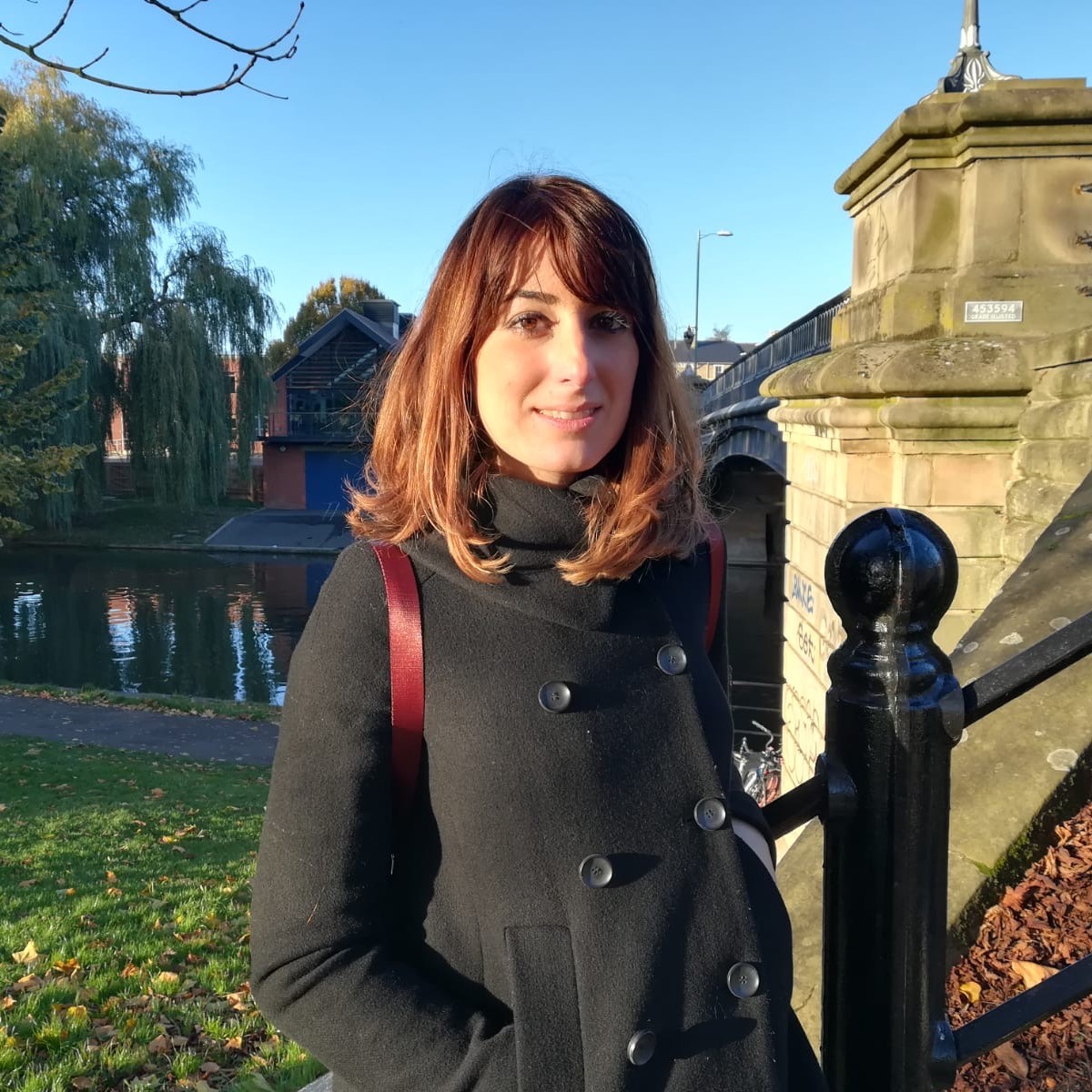
Roser Vento-Tormo, PhD
Cellular Genetics Programme at the Wellcome Sanger Institute
Roser Vento-Tormo works on the development of new single-cell genomics and computational tools to elucidate general principles of gene expression. The Vento-Tormo group apply their methods to study female reproduction and the re-organisation of immune microenvironments during infection. The Vento-Tormo team has designed CellPhoneDB.org, a novel repository of ligands and receptors, and their interactions and applied CellPhoneDB.org to study cellular connections from single-cell transcriptomics data. Roser studied Biotechnology in the Polytechnic University of Valencia and did her PhD at the Epigenetics and Immune DiseaseResearch Group in IDIBELL. Roser undertook her postdoc at the Wellcome Sanger Institute as an EMBO and HFSP Fellow. She generated the first single-cell map of the maternal–fetal interface during early pregnancy.
The team at the Wellcome Sanger Institute bring their expertise gained from their participation in cutting-edge international Initiatives such as the Human Cell Atlas. They will provide a deep knowledge on analysing single-cell RNA sequencing (scRNA-seq) and Spatial Transcriptomics data, as well as designing new methods to analyse cell-cell communication.
Researchers
- Roser Vento-Tormo, PhD (principal investigator)
- Louis-Francois Handfield, PhD (postdoc)
- Cecilia Icoresi Mazzeo (advance research assistant)
- Luiza Moore, MBChB, FRCPath, MPhil (pathologist and researcher)
Work Packages
- WP1 Coordination with HCA & regulatory compliance
- WP2 Platform infrastructure
- WP3 Organ and tissue procurement
- WP4 Molecular Characterization at single cell resolution in endometrium and myometrium
- WP5 Epigenomics at single cell resolution in endometrium and myometrium
- WP7 Platform integration
- WP8 Communication, Dissemination & Exploit. Plan
- WP9 Project management
- WP10 Ethics requirements
- Single-cell reconstruction of the early maternal-fetal interface in humans, Vento-Tormo R, Efremova M, Botting RA, Turco MY, Vento-Tormo M, Meyer KB, Park JE, Stephenson E, Polański K, Goncalves A, Gardner L, Holmqvist S, Henriksson J, Zou A, Sharkey AM, Millar B, Innes B, Wood L, Wilbrey-Clark A, Payne RP, Ivarsson MA, Lisgo S, Filby A, Rowitch DH, Bulmer JN, Wright GJ, Stubbington MJT, Haniffa M, Moffett A, Teichmann SA. , 2018 Nov : Nature; 563(7731):347-353.
- The mutational landscape of normal human endometrial epithelium, Moore L, Leongamornlert D, Coorens THH, Sanders MA, Ellis P, Dentro SC, Dawson KJ, Butler T, Rahbari R, Mitchell TJ, Maura F, Nangalia J, Tarpey PS, Brunner SF, Lee-Six H, Hooks Y, Moody S, Mahbubani KT, Jimenez-Linan M, Brosens JJ, Iacobuzio-Donahue CA, Martincorena I, Saeb-Parsy K, Campbell PJ, Stratton MR. , 2020 Apr : Nature; 580(7805):640-646.
- CellPhoneDB: inferring cell-cell communication from combined expression of multi-subunit ligand-receptor complexes, Efremova M, Vento-Tormo M, Teichmann SA, Vento-Tormo R. , 2020 Apr : Nat Protoc; 15(4):1484-1506.
- Exponential scaling of single-cell RNA-seq in the past decade, Svensson V, Vento-Tormo R, Teichmann SA , 2018 Apr : Nat Protoc; 13(4):599-604.
- A cell atlas of human thymic development defines T cell repertoire formation, Park JE, Botting RA, Domínguez Conde C, Popescu DM, Lavaert M, Kunz DJ, Goh I, Stephenson E, Ragazzini R, Tuck E, Wilbrey-Clark A, Roberts K, Kedlian VR, Ferdinand JR, He X, Webb S, Maunder D, Vandamme N, Mahbubani KT, Polanski K, Mamanova L, Bolt L, Crossland D, de Rita F, Fuller A, Filby A, Reynolds G, Dixon D, Saeb-Parsy K, Lisgo S, Henderson D, Vento-Tormo R, Bayraktar OA, Barker RA, Meyer KB, Saeys Y, Bonfanti P, Behjati S, Clatworthy MR, Taghon T, Haniffa M, Teichmann SA. , 2020 Feb 21 : Science ; 367(6480):eaay3224.
Uppsala University
Uppsala University is an internationally prominent institution world leader in many areas. Research is pursued across nine faculties that include 45,000 students, almost 4,000 teachers and researchers whereof about 580 full Professors. The turnover for 2017 was approximately 650 million Euro. The faculty of Medicine educates students and conducts front-line research within medicine and healthcare at the faculty’s nine departments, including the Departments of Immunology, Genetics and Pathology. One of the projects hosted by Uppsala University together with KTH Royal Institute of Technology is The Human Protein Atlas.
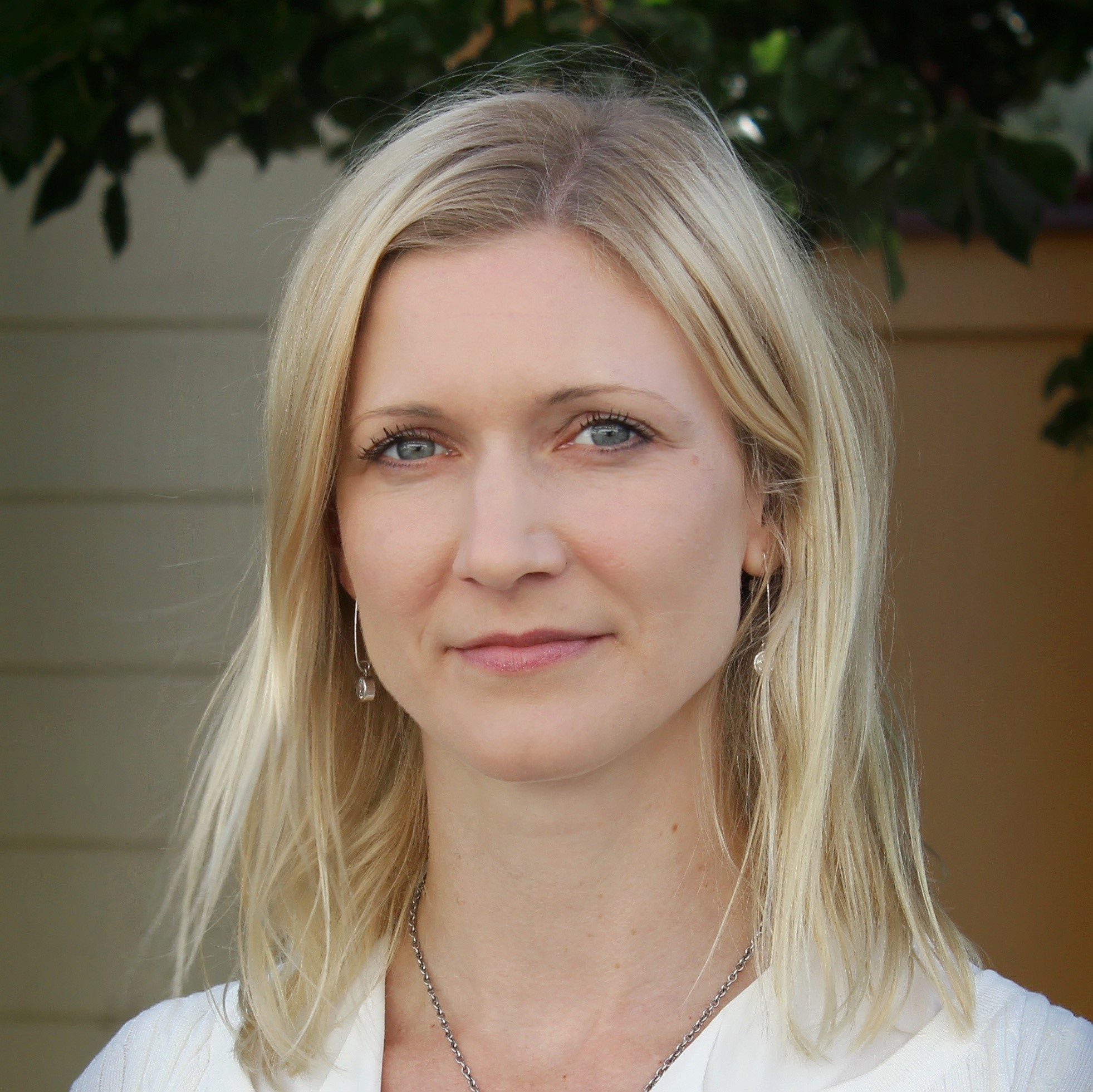
Dr. Cecilia Lindskog, PhD
Tissue Atlas Team, Human Protein Atlas
Expertise in tissue-based protein profiling, antibody validation and histology-based techniques. Researcher and project manager at Uppsala University, and Director of the Tissue Atlas, Dr. Cecilia is heading the tissue profiling team mapping the spatial distribution of all human proteins across the entire human body. Her research aims are focused on integrated omics with main emphasis on antibody-based proteomics. For the past 13 years, she has been part of the Human Protein Atlas project. She has published 60 scientific papers and 2book chapters, has >9,800 citations, and a h-index of 25.
UPPSALA team will provide to HUTER their expertise on mapping all the human proteins in cells, tissues and organs using integration of various omics technologies, including antibody-based imaging, mass spectrometry-based proteomics, transcriptomics, systems biology, and histology-based techniques.
Researchers
- Dr. Cecilia Lindskog, PhD
- ÅsaEdvinsson, PhD
- Loren Méar, PhD
- Feria Hikmet Noraddin, MSc, PhD
- Jonas Gustafsson, MSc
Work Packages
- WP1 Coordination with HCA & regulatory compliance
- WP2 Platform infrastructure
- WP6 High-resolution spatial image maps of endometrium and myometrium
- WP7 Platform integration
- WP8 Communication, Dissemination & Exploit. Plan
- WP10 Ethics requirements
- Proteomics. Tissuebased map of the human proteome, Uhlén M, Fagerberg L, Hallström BM, Lindskog C, Oksvold P, Mardinoglu A, Sivertsson Å, Kampf C, Sjöstedt E, Asplund A, Olsson I, Edlund K, Lundberg E, Navani S, Szigyarto CA, Odeberg J, Djureinovic D, Takanen JO, Hober S, Alm T, Edqvist PH, Berling H, Tegel H, Mulder J, Rockberg J, Nilsson P, Schwenk JM, Hamsten M, von Feilitzen K, Forsberg M, Persson L, Johansson F, Zwahlen M, von Heijne G, Nielsen J, Pontén F. , 2015 : Science, 347(6220): p. 1260419. Citations: 2.799
- Analysis of the human tissuespecific expression by genome-wide integration of transcriptomics and antibody-based proteomics, Fagerberg L, Hallström BM, Oksvold P, Kampf C, Djureinovic D, Odeberg J, Habuka M, Tahmasebpoor S, Danielsson A, Edlund K, Asplund A, Sjöstedt E, Lundberg E, Szigyarto CA, Skogs M, Takanen JO, Berling H, Tegel H, Mulder J, Nilsson P, Schwenk JM, Lindskog C, Danielsson F, Mardinoglu A, Sivertsson A, von Feilitzen K, Forsberg M, Zwahlen M, Olsson I, Navani S, Huss M, Nielsen J, Ponten F, Uhlén M. , 2014 : Mol Cell Proteomics. 13(2): p. 397-406. Citations: 597
- A pathology atlas of the human cancer transcriptome, Uhlen M, Zhang C, Lee S, Sjöstedt E, Fagerberg L, Bidkhori G, Benfeitas R, Arif M, Liu Z, Edfors F, Sanli K, von Feilitzen K, Oksvold P, Lundberg E, Hober S, Nilsson P, Mattsson J, Schwenk JM, Brunnström H, Glimelius B, Sjöblom T, Edqvist PH, Djureinovic D, Micke P, Lindskog C, Mardinoglu A, Ponten F , 2017 : Science, 2017. 357(6352). Citations: 268
- The human testis-specific proteome defined by transcriptomics and antibody-based profiling, Djureinovic D, Fagerberg L, Hallström B, Danielsson A, Lindskog C, Uhlén M, Pontén F , 2014 : Hum Reprod, 2014. 20(6): p. 476-88. Citations: 63
- The adult human testis transcriptional cell atlas, Guo J, Grow EJ, Mlcochova H, Maher GJ, Lindskog C, Nie X, Guo Y, Takei Y, Yun J, Cai L, Kim R, Carrell DT, Goriely A, Hotaling JM, Cairns BR , 2018 : Cell Res, 2018. 28(12): p. 1141-1157. Citations: 4
Competence Centre on Health Technologies
The Competence Centre on Health Technologies is an SME and a research and technology organization established in 2009. CCHT conducts high-level customer-driven research as well as creates and develops products and technologies mostly for reproductive and fetal medicine. Company’s research projects aim at providing novel information about female/male reproductive biology and fetal development that will subsequently be used to identify disease biomarkers and advance the technologies for diagnostics and care. Company has a 30 highly qualified researchers, half of them with a PhD degree.
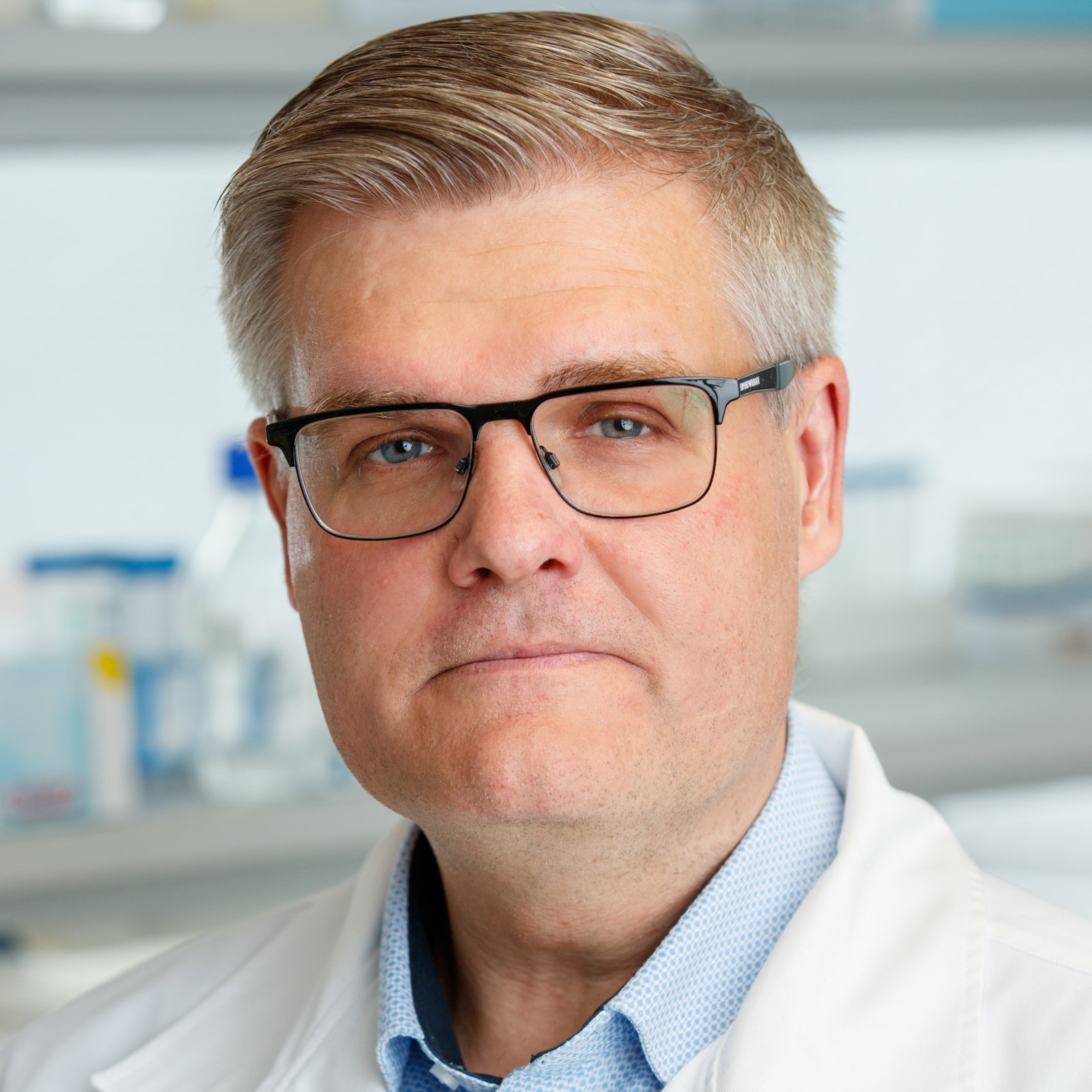
Andres Salumets
Reproductive medicine
CEO of CCHT, and professor of reproductive medicine at the Institute of Clinical Medicine at University of Tartu and visiting professor of University of Helsinki, Finland. Dr.Salumets and his team at CCHT have participated in developing genomic technologies for human gametes (oocytes and sperm cells), embryos, endometrial tissue and fetal cell-free DNA. These technologies are used in reproductive medicine to provide infertility treatment by in vitro fertilization (IVF) and fetal genetic screening to ensure the fetal health. Dr.Salumets has published ca 165 publications. He and his team has published collaborative papers in several outstanding journals, including Nature, Nature Medicine, Nature Genetics, Genome Biology, Human Molecular Genetics, Human Reproduction Update and Trends in Endocrinology and Metabolism. Dr.Salumets is the co-inventor for five patent applications and for one patent for reproductive genomic technologies.
CCHT team will provide to HUTER their expertise in endometrial studies, including one of the first single-cell transcriptomic study of endometrial epithelial and stromal cells, and an extensive biobank of collected endometrial biopsy samples. CCHT will also bring to the project the SOPs for recruitment, biopsy, sample handling, tissue freezing, thawing and fixation, and tissue disintegration for single-cell genomic analysis, as well as their bioinformatic capacity to ensure the analysis of genomic data from single-cell genomic experiments.
Researchers
- Andres Salumets
- Dr. Kaarel Krjutškov
- Dr. Merli Saare
Work Packages
- WP1 Coordination with HCA & regulatory compliance
- WP2 Platform infrastructure
- WP3 Organ and tissue procurement
- WP7 Platform integration
- WP8 Communication, Dissemination & Exploit. Plan
- WP9 Project management
- WP10 Ethics requirements
- Large scale meta-analysis highlights the hypothalamic-pituitary-gonadal (HPG) axis in the genetic regulation of menstrual cycle length, Laisk T, …, Salumets A, …, Lindgren CM , 2018 : Hum Mol Genet. 2018 Sep 7. doi: 10.1093/hmg/ddy317. [Epub ahead of print] PubMed PMID: 30202859.
- Endometrial receptivity revisited: endometrial transcriptome adjusted for tissue cellular heterogeneity, Suhorutshenko M, …, Salumets A, Laisk T , 2018 : Hum Reprod. 2018 Nov 1;33(11):2074-2086. doi: 10.1093/humrep/dey301. PubMed PMID: 30295736.
- Aberrant expression of genes associated with stemness and cancer in endometria and endometrioma in a subset of women with endometriosis, Ponandai-Srinivasan S, …, Salumets A, …, Lalitkumar PGL , 2018 : Hum Reprod. 2018 Oct 1;33(10):1924-1938. doi: 10.1093/humrep/dey241. PubMed PMID: 30020448.
- Meta-signature of human endometrial receptivity: a meta-analysis and validation study of transcriptomic biomarkers, Altmäe S, …, Laisk-Podar T, …, Krjutškov K, …, Salumets A , 2017 : Sci Rep. 2017 Aug 30;7(1):10077. doi: 10.1038/s41598-017-10098-3. PubMed PMID: 28855728; PubMed Central PMCID: PMC5577343.
- Single-cell transcriptome analysis of endometrial tissue. Hum Reprod, Krjutškov K, …, Laisk-Podar T, …, Salumets A, Kere J , 2016 : Hum Reprod. 2016 Apr;31(4):844-53. doi: 10.1093/humrep/dew008. Epub 2016 Feb 13. PubMed PMID: 26874359; PubMed Central PMCID: PMC4791917.X.
University of East Anglia
The University of East Anglia (UEA) is an internationally renowned university based in a campus that provides top quality academic, social and cultural facilities to over 15,000 students. This uniquely-placed University is also a leading member of Norwich Research Park, one of Europe’s biggest concentrations of researchers in the fields of environment, health and plant science. The Biomedical Research Centre (BMRC) is a unique collaboration between the School of Biological Sciences (SBC) and the School of Medicine, within the umbrella University of East Anglia (UEA) and is associated with the Norwich and Norfolk University hospital (NNUH) and the Earlham Institute (EI).
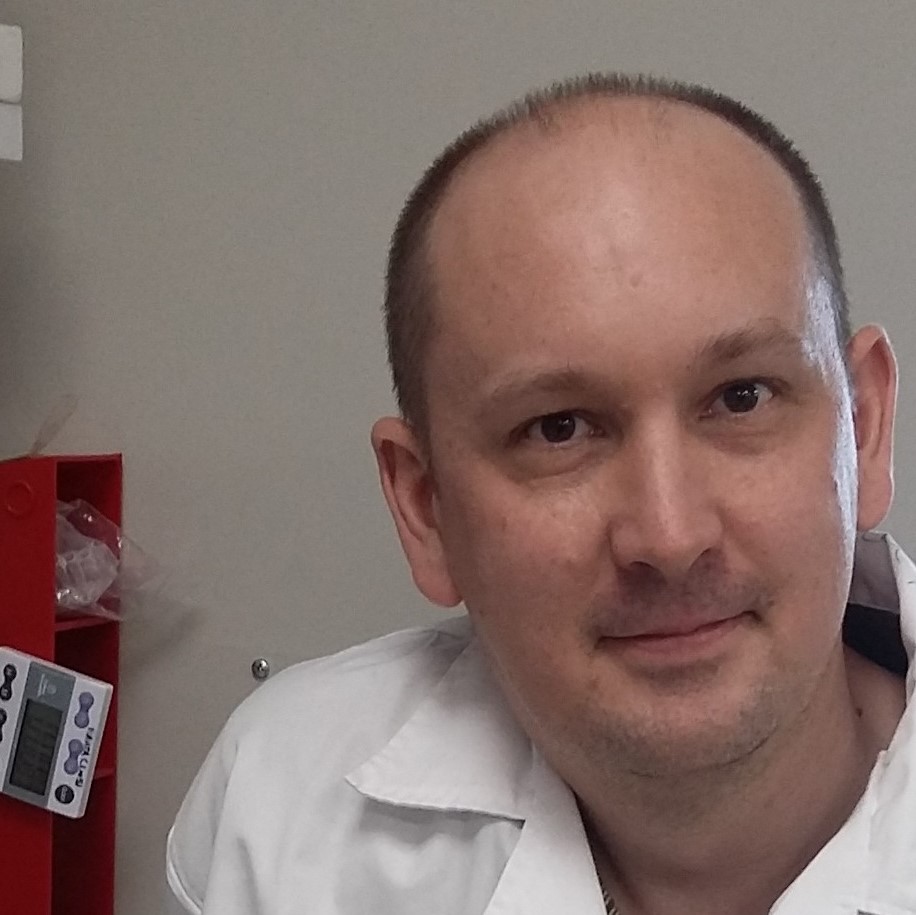
David Monk, PhD
Human Epigenetics Group
The Monk lab at the BMRC, University of Norwich, has the long-established reputation in human epigenomics. His team were the first to describe the parent-of-origin methylation profiles as revealed using custom-made and commercial high-density methylation arrays. Furthermore, in 2014 they were one of the first groups to describe the genome-wide methylation profile of an individual tissue.In recent years, Dr. Monk has continued to focus on reproductive epigenetics, applying state-of-the-art single cell technologies, including scM&T-seq, to address the variability associated with pre-implantation epigenetic reprograming, genome-activation, and the consequences for embryo viability and to characterizing multi-layer epigenetic profiles in the human placenta. Since moving to the BMRC, Dr. Monk has forged tight links with the team of Technical Development for Single Cell and Low-Input Genomics at the Earlham Institute, which houses the state-of-the-art next-generation sequencing facilities for the Norwich Research Park. Within HUTER, Dr. Monk’s team is currently optimizing methylationAssociated with specific methods to determine the tissue-origin of cell free DNA in maternal circulation in patients with pre-eclampsia.
UEA team will provide to HUTER their expertise in human reproductive epigenetics, on methylation profiling on individual tissues and on state-of-the-art single cell technologies, including scM&T-seq. Particularly, they will apply their knowledge on the optimization of methylation-specific methods to establish the tissue-origin of cell free DNA in maternal circulation in patients with pre-eclampsia, identify compromised methylation states in samples from complicated pregnancies and determine the correct epigenetic reprogramming in human pre-implantation embryos.
Researchers
- David Monk, PhD.
- Claudia Buhigas, PhD bioinformatician
- Louise Chappell-Maor, PhD
- Dagne Daskeviciute
Work Packages
- WP1 Coordination with HCA & regulatory compliance
- WP2 Platform infrastructure
- WP5 Epigenomics at single cell resolution in endometrium and myometrium
- WP7 Platform integration
- WP8 Communication, Dissemination & Exploit. Plan
- WP9 Project management
- WP10 Ethics requirements
Related Links
- Differences in expression rather than methylation at placenta-specific imprinted loci is associated with intrauterine growth restriction, Monteagudo-Sánchez A, Sánchez-Delgado M, Mora JRH, Santamaría NT, Gratacós E, Esteller M, de Heredia ML, Nunes V, Choux C. , 2019 : Ares(2019)7201616 - 21/11/2019 76 874867 HUTER - Part B - Fauque P, de Nanclares GP, Anton L, Elovitz MA, Iglesias-Platas I, Monk D. ClinEpigenetics. 2019; 11:35.
- Characterization of parent-of-origin methylation using the Illumina Infinium MethylationEPIC array platform, Hernandez Mora JR, Tayama C, Sánchez-Delgado M, Monteagudo-Sánchez A, Hata K, Ogata T, Medrano J, Poo-Llanillo ME, Simón C, Moran S, Esteller M, Tenorio J, Lapunzina P, Kagami M, Nakabayashi K, Monk D. , 2018 : Epigenomics; 10:941-954.
- PM20D1 is a quantitative trait locus associated with Alzheimer's disease, Sanchez-Mut JV, Heyn H, Silva BA, Dixsaut L, Garcia-Esparcia P, Vidal E, Sayols S, Glauser L, Monteagudo-Sánchez A, Perez-Tur J, Ferrer I, Monk D, Schneider B, Esteller M, Gräff J. , 2018 : Nat Med; 24:598-603.
- Copy number rather than epigenetic alterations are the major dictator of imprinted methylation in tumors, Martin-Trujillo A, Vidal E, Monteagudo-Sánchez A, Sanchez-Delgado M, Moran S, Hernandez Mora JR, Heyn H, Guitart M, Esteller M, Monk D. , 2017 : Nat Commun; 8:467.
- Human Oocyte-Derived Methylation Differences Persist in the Placenta Revealing Widespread Transient Imprinting, Sanchez-Delgado M, Court F, Vidal E, Medrano J, Monteagudo-Sánchez A, Martin-Trujillo A, Tayama C, Iglesias-Platas I, Kondova I, Bontrop R, Poo-Llanillo ME, Marques-Bonet T, Nakabayashi K, Simón C, Monk D. , 2016 : PLoSGenet; 12:e1006427.
Bahia Software
BAHIA SOFTWARE is a technology company founded in 1999 and specialized in the health sector. The catalog of services and products offered by BAHIA SOFTWARE covers the whole life cycle of software development, and it includes consulting services in specific technologies. Currently, the experience and activity of BAHIA SOFTWARE focuses mainly on the following services: consulting and technological planning; design and development of corporate information systems; interoperability and systems integration; support centers; identification and traceability and business intelligence.
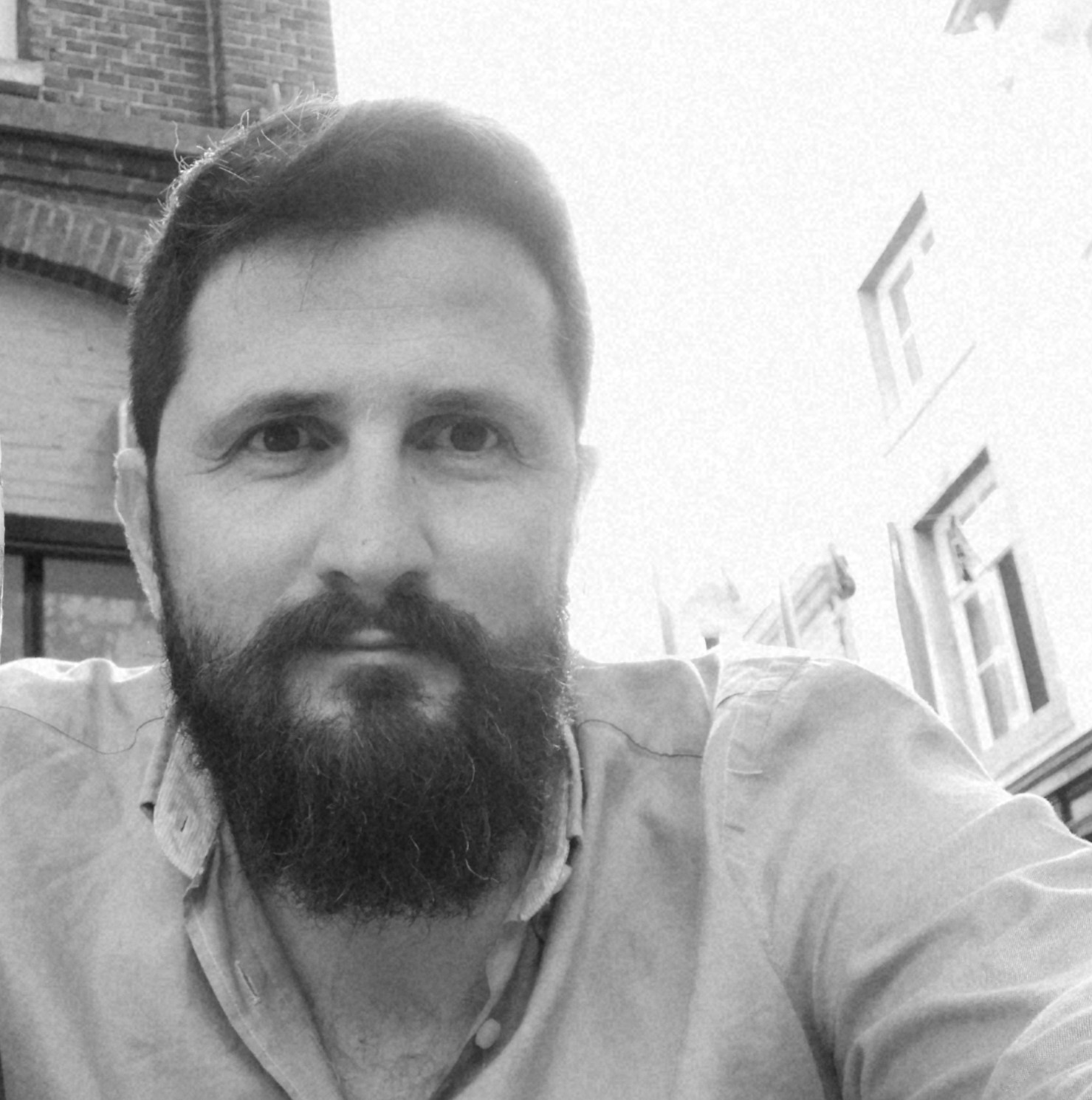
Sergio Figueiras Gómez
eHealth Innovation department
Sergio Figueiras, PhD in chemistry by the University of Santiago of Compostela and MBA by the EcoleNationale des PontsetChaussées de Paris, is Innovation Director at BAHIA SOFTWARE. Sergio has more than 10 years of experience leading several International initiatives and European funded projects. Previously to Bahia Software, he was Innovation Director at ACIS, a public agency attached to the Galician Healthcare service with more than 35.000 healthcare workers, 14 hospitals and about 500 primary care centres. At ACIS he coordinated several Innovation projects, Technology Transfer Programs and leaded the development of health technologies through Public Procurement of Innovation initiatives. At that time, he was appointed Spanish Expert & Member of the Horizon 2020 Committee for Health, Demographic Change & Wellbeing (2017-2018) representing the interest of Spain in the H2020 program discussions with the European Commission.
BAHIA team will share its knowledge and experience about the use of opensource solutions for the management of complex data (imaging, genomics, transcriptomics, etc) within the HUTER research community.
Researchers
- Sergio Figueiras
- Manuel Gómez
- Román López
- Cristóbal Bernardo Castiñeira
- María Dolores Rodríguez
- Javier Pena
- Antonio Rodríguez
- Pablo Pico
Work Packages
- WP1 Coordination with HCA & regulatory compliance
- WP2 Platform infrastructure
- WP7 Platform integration
- WP8 Communication, Dissemination & Exploit. Plan
- WP9 Project management
- WP10 Ethics requirements


